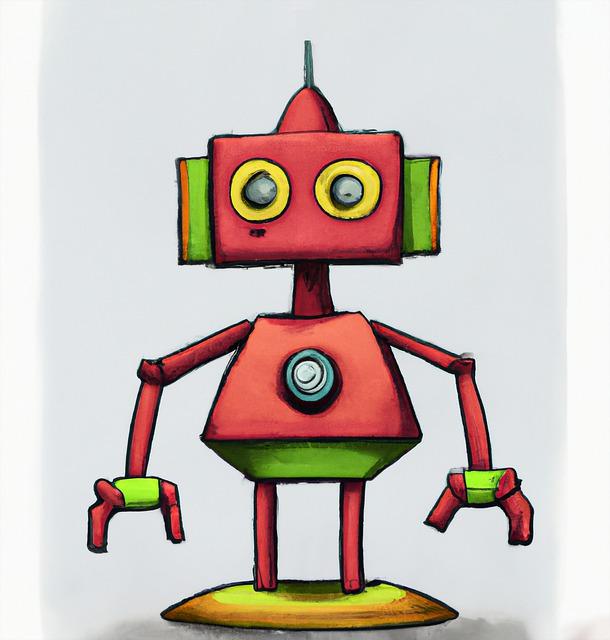Section 1: Introduction to AI Technology
Artificial Intelligence (AI) has been a buzzword in the technology industry for decades, but it is only in recent years that the potential of this revolutionary technology has truly been realized. From self-driving cars to virtual assistants, AI is transforming the way we live and work. But what exactly is AI and how is it revolutionizing the future? In this article, we will explore the limitless potential of AI technology and how it is reshaping industries and societies around the world.
AI refers to the development of computer systems that can perform tasks that typically require human intelligence, such as visual perception, decision-making, and language translation. These systems are designed to learn, adapt, and improve their performance over time, making them capable of handling complex and dynamic tasks. The key to AI’s success lies in its ability to process and analyze vast amounts of data at a speed and accuracy that surpasses human capabilities.
Section 2: AI in Industries
One of the most significant impacts of AI technology is in industries such as healthcare, finance, and manufacturing. In healthcare, AI is being used to analyze medical images and identify potential health issues, leading to faster and more accurate diagnoses. It is also being used to develop personalized treatment plans for patients based on their medical history and genetic makeup.
In the finance industry, AI is being used to detect fraud and make investment decisions. With the ability to analyze large amounts of data in real-time, AI-powered systems can identify patterns and anomalies that humans may miss. This not only helps prevent financial losses but also improves the overall efficiency of operations.
In the manufacturing sector, AI is revolutionizing the production process. With the use of sensors and machine learning algorithms, AI-powered robots can perform complex tasks with precision and speed, leading to improved quality and productivity. This has also led to the development of smart factories, where machines can communicate with each other and make decisions without human intervention.
Section 3: AI in Society
Apart from its impact on industries, AI is also transforming society in more ways than one. One of the most significant benefits of AI is its ability to automate mundane and repetitive tasks, freeing up humans to focus on more creative and complex work. This has the potential to create more fulfilling and meaningful jobs, leading to a happier and more productive workforce.
AI is also playing a crucial role in addressing some of the world’s most pressing issues, such as climate change and food insecurity. With the help of AI, scientists and researchers can analyze vast amounts of data and develop solutions to these global challenges. For example, AI-powered weather forecasting systems can help predict natural disasters and enable governments to take timely action to mitigate their impact.
However, as with any technology, there are also concerns surrounding the use of AI. One of the most significant concerns is the potential loss of jobs as more tasks become automated. While this may be a valid concern, it is essential to note that AI has the potential to create new job opportunities in fields such as data science, machine learning, and AI engineering.
Another concern is the ethical implications of AI, particularly in terms of bias and privacy. AI systems are only as good as the data they are trained on, and if the data is biased, the AI will also be biased. This can lead to discriminatory outcomes, such as AI-powered hiring systems favoring certain demographics over others. To address this, it is crucial for developers to ensure that AI systems are trained on diverse and unbiased data.
Conclusion:
In conclusion, AI technology is revolutionizing the future in ways we could have never imagined. From transforming industries to addressing global challenges, the potential of AI is limitless. However, it is essential to continue exploring and developing AI in an ethical and responsible manner to ensure that it benefits society as a whole. As we continue to push the boundaries of AI, we can look forward to a future where this technology plays a crucial role in making our lives easier, more efficient, and more sustainable.

